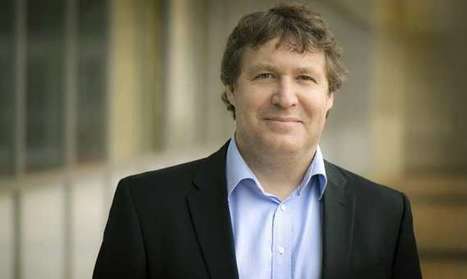This book-length publication will receive widespread attention, coming as it does with a media campaign complete with Gates Foundation backing and a Chronicle article. It's essentially a meta-study (sometimes known as a tertiary study) of the 'literature' in the field if distance education and (to a lesser extent) online learning. There are six chapters, each of which is a separate study, but most of which follow the same methodology of literature search and analysis. The first four studies focus on the history of distance learning, blended learning, online learning, and assessment. The last two look at future research in MOOCs and technology infrastructure.
Having said all that, this is a really bad study. What it succeeds in doing, mostly, is to offer a very narrow look at a small spectrum of academic literature far removed from actual practice. A very narrow range of sources was considered, limited to a few academic journals, and within this search selection was based on titles, keywords and abstract. Most of the leading thinkers in the field are eliminated from the history of the field (though Curt Bonk does well). And the major conclusion you'll find in these research studies is that (a) research is valuable, and (b) more research is needed (see, eg. "To foster quality interactions between students, an analysis of the role of instructional design and instructional interventions planning is essential." p. 40 and throughout ad nauseum). The most influential thinker in the field, according to one part of the study, is L. Pappano (see the chart, p. 181). Who is this, you ask? The author of the New York Times article in 2012, 'The Year of the MOOC'. Influential and important contributors like David Wiley, Rory McGreal, Jim Groom, Gilbert Paquette, Tony Bates (and many many more)? Almost nowhere to be found.
There are two ways to conduct a study of the literature in a field. One way is to use search algorithms and criteria to find a subset of the literature, and read only that. The other way is to spend the time it takes to become broadly familiar with all of the literature in the field, and select the most important of that. This study uses the former method, and the absence of a background in the field is glaring and obvious. For a contrast, one might want to consult Tony Bate's recent work of equal size and far greater value.
Via Miloš Bajčetić



 Your new post is loading...
Your new post is loading...












